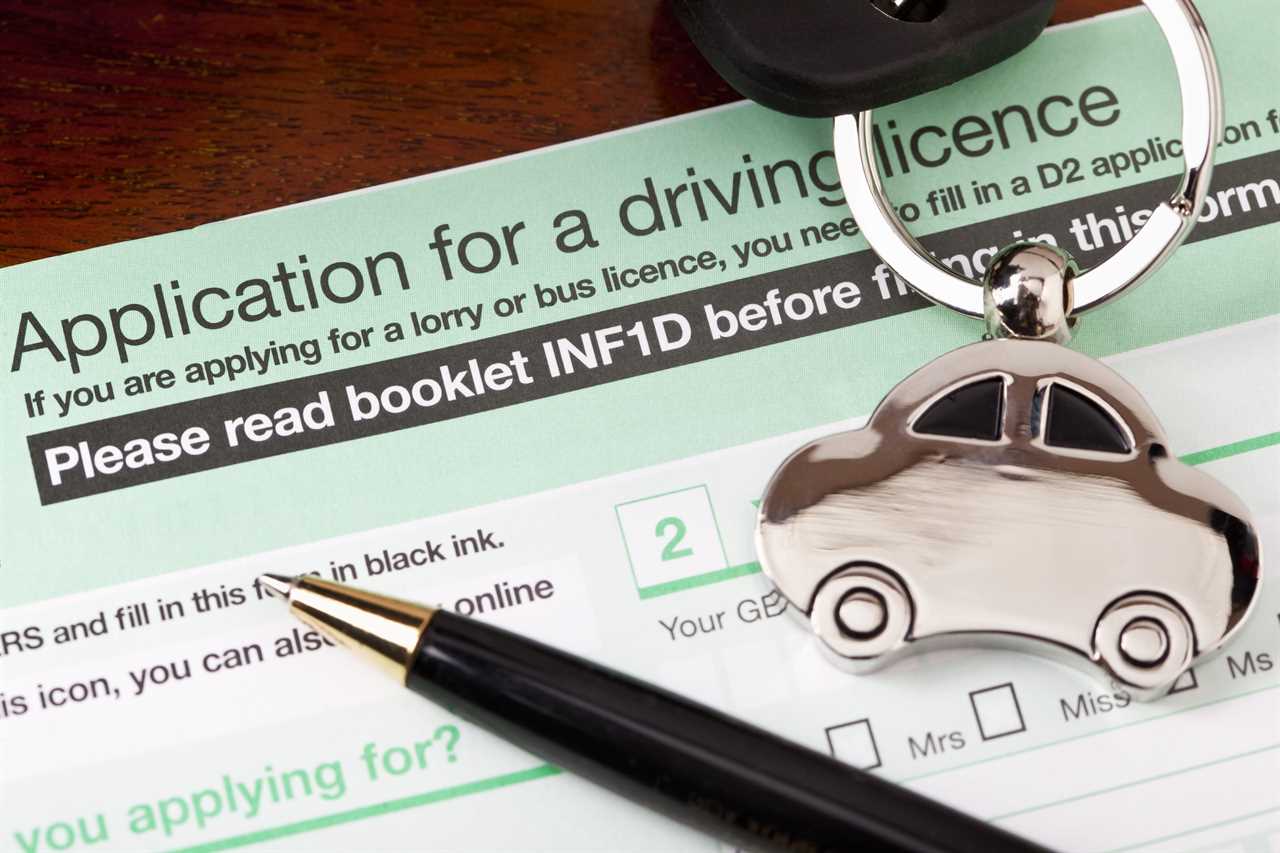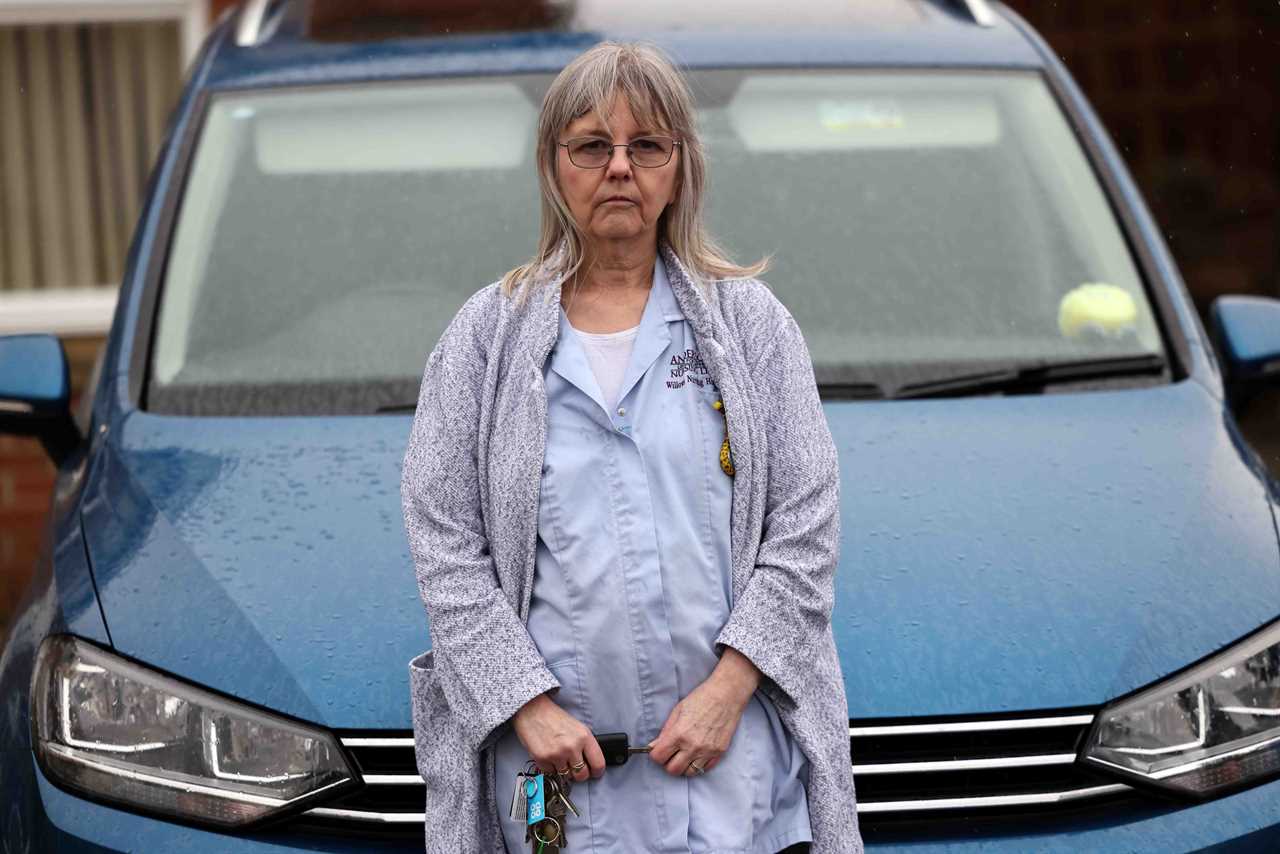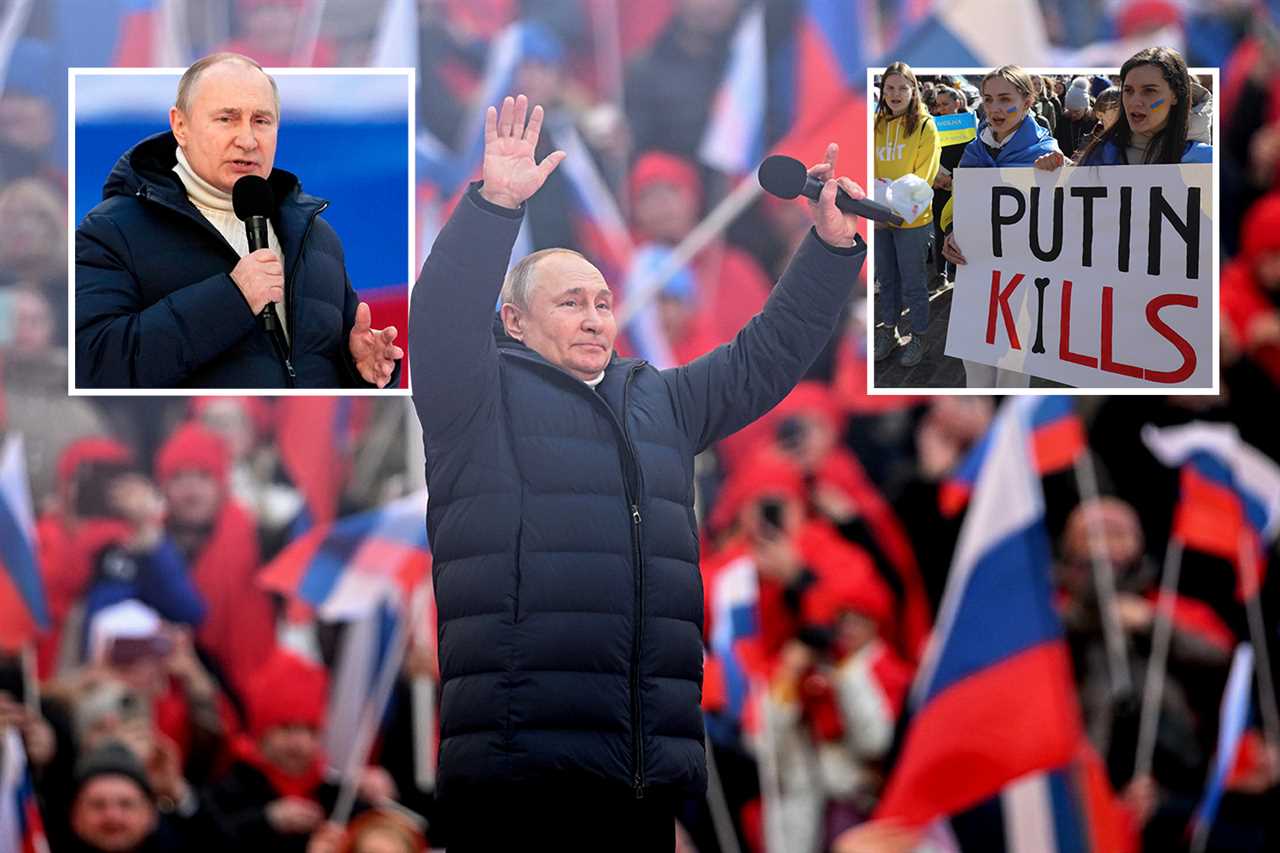TRANSPORT secretary Grant Shapps has ordered an urgent probe into the Driver and Vehicle Licensing Agency after it emerged hundreds of staff did NO work while on full pay during the pandemic.
A report revealed 3,400 DVLA workers were put on “paid special leave” and told they didn’t have to do anything at all during the first lockdown, which started in March 2020.
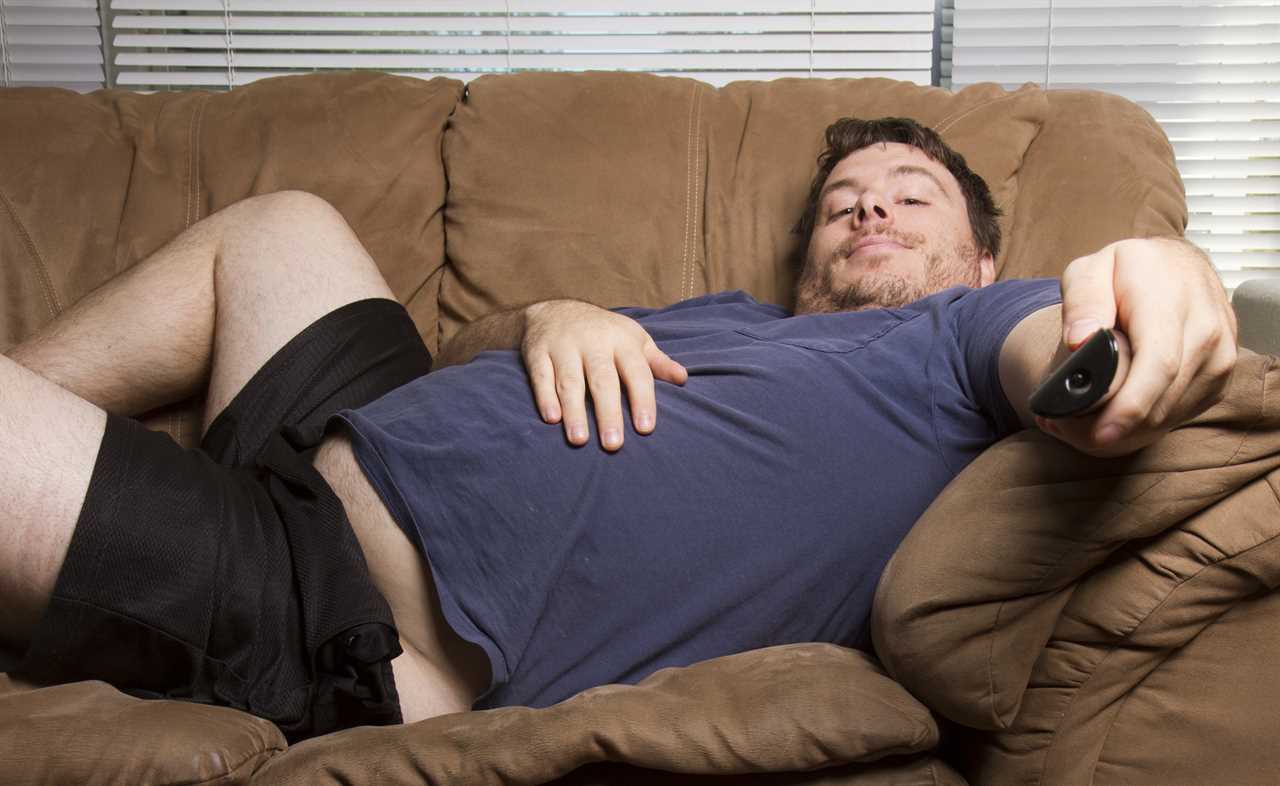
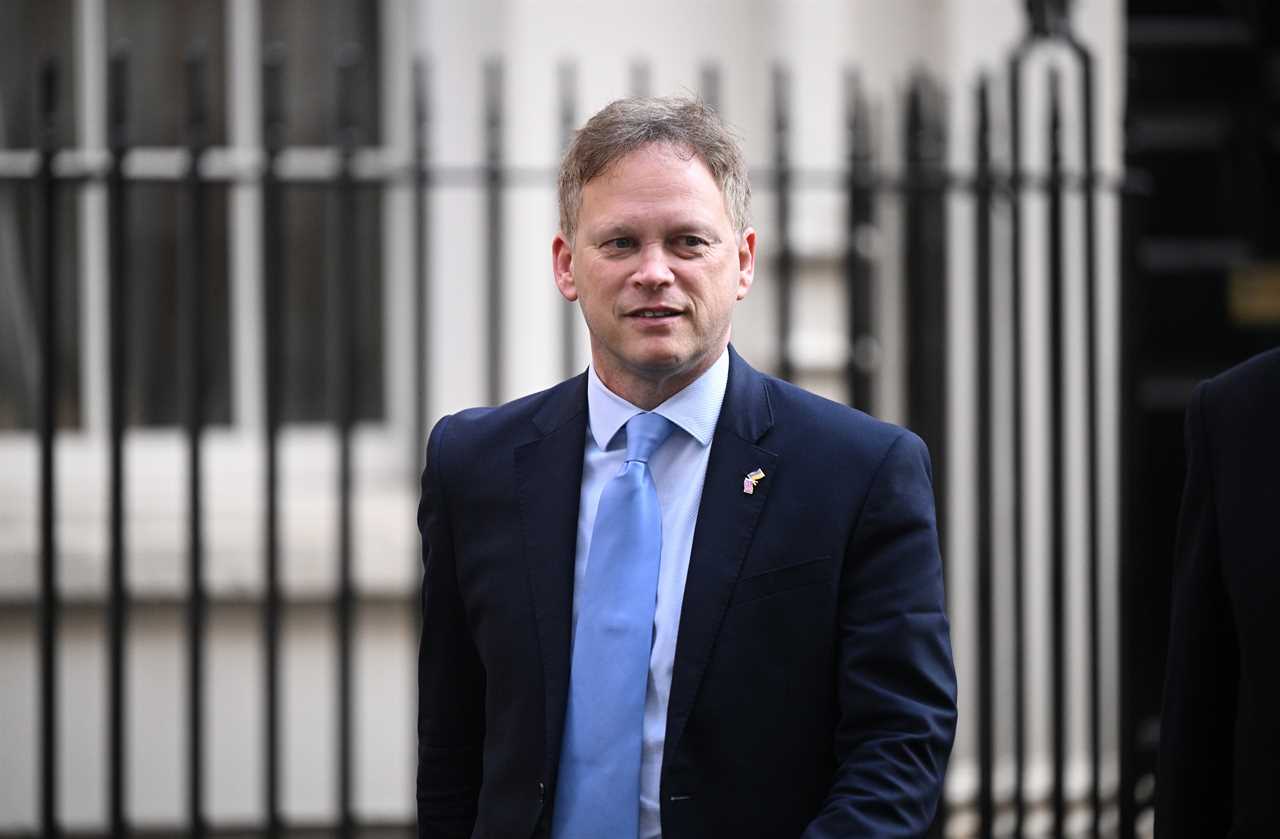
By August of that year nearly 1,000 of the 6,200 staff were still on the special leave, according to an investigation by The Times. While managers boasted to an undercover reporter of lounging at home watching box sets, the agency racked up a huge backlog in licence applications and renewals.
Some staff claimed to be too vulnerable to go to the office in Swansea but were apparently OK to see friends and go on holiday.
The DVLA, which receives 60,000 items of post a day, limited on-site staff amid pressure from trade unions.
Here, we reflect on the latest civil service shirking.
Read more on the DVLA scandal
“Working from Home” — otherwise known at DVLA Swansea as Having A Laugh At Taxpayers’ Expense
For thousands of Driving and Vehicle Licensing Agency staff, work is an optional extra along with holidays, sickies and a “breather” from Netflix bingeing.
Or joining a strike called by militant public sector unions now openly at war with Boris Johnson’s Tory government.
Thanks to Covid, lead-swinging is now endemic across the feather-bedded public sector — from Whitehall to town hall, from the NHS to the fire service, from teachers and police to the law courts.
Crucial instruments of public administration are barely ticking over.
WFH has become a national scandal, an affront to the long-suffering, taxpaying public on a par with those more sensational Downing Street drinks parties.
Six million workers are employed by the state, many with jobs for life on better-than-average pay and inflation-proof pensions the rest of the workforce can only dream of.
Redundant drones
Those perks and privileges come with responsibility to deliver.
Yet civil servants — once known affectionately as the “brolly brigade” — have morphed into a meddling, unaccountable, union-dominated bureaucracy more accurately described as The Blob.
Britain is paying through the nose for the panicked decision exactly two years ago to lock down and order us all to work from home.
Most of us — those who would otherwise risk losing our jobs — are now back at our desks.
But not the countless thousands paid from the public purse, a special breed protected from job competition, market forces, new technology or the risk of ever getting the sack.
Welcome to the DVLA world of the “hidden unemployed”, a class of redundant drones whose roles could be replaced at a stroke by robots but who are protected by the last trade union dinosaurs.
Thanks to our sister paper, The Times, the DVLA was exposed yesterday as a shocking example of 1970s-style abuse of trade union power.
In those bad old days, shop stewards could bring factories to a standstill with a blast on their whistle.
Today they have been relegated to a few pinch points in the UK economy where public service unions still hold the whip hand.
At the DVLA, the once labour-intensive process of issuing driving licences and tests could be fully automated, mostly online. Nobody needs to wait three months for a licence.
Yet two years on and desperate motorists are still tearing out their hair in frustration at endless delays while lead-swingers cash in on Covid.
Phones ring unanswered. Crucial documents go missing. A mountain of test and licence applications remain stored in crates unopened since the pandemic began.
Some staff have been sitting idle at home, unable to access their remote screens for two years.
Many on full pay do no work at all. Others have been put on four-day weeks and given extra days off to cope with “burn out”.
Union boss Sarah Evans is seizing the chance to arrange a holiday in New York.
One DVLA training manager, Courtney, told The Times: “I just find it’s hard to motivate yourself in the house.
“My manager would be messaging me, ‘Can you do this?’, and I’d be like, ‘You’re interrupting my series on Netflix’. Or if someone was ringing me I’d be scrambling to find the remote, like, ‘Oh my God I need to turn this down’.”
Even with the pandemic now over, barely half the DVLA’s 6,200 staff are at their desks.
Some still have time to go on strike in pursuit of health and safety claims. Others, to their credit, are too disgusted to join in.
Readers will remember this plodding agency almost brought Britain to the brink of a food and fuel crisis as stores ran short of qualified HGV drivers.
Nor is this Toytown operation in South Wales an isolated case.
Every Whitehall department and local government authority has been on an effective go-slow since March 2020.
Working from home has paralysed government operations across the public sector, from GP surgeries to the law courts, the Home Office and even the Foreign Office at a time of war in Ukraine as officials refuse to leave home.
Slide into inertia
Yet it would be unfair to blame civil servants alone.
Staff respond to good management. Without it, we might all be tempted, like Courtney, to slide into inertia, sit on a sofa and grab the remote.
But that comes with a price.
Empty offices sap economic growth, destroy city centres at street level and corrode the work ethic which drives UK plc.
Boris Johnson and Chancellor Rishi Sunak have been strangely silent, reluctant to say clearly and distinctly that enough is enough.
Leave your cosy armchairs and labradoodles and get back to work or forfeit pay rises, bonuses and promotion, just like workers in the real world.
Read More on Trending In The News
The pandemic is over. Normal service must be resumed.
At a time of daunting economic crisis — the worst in living memory — Working From Home is a luxury we cannot afford.

